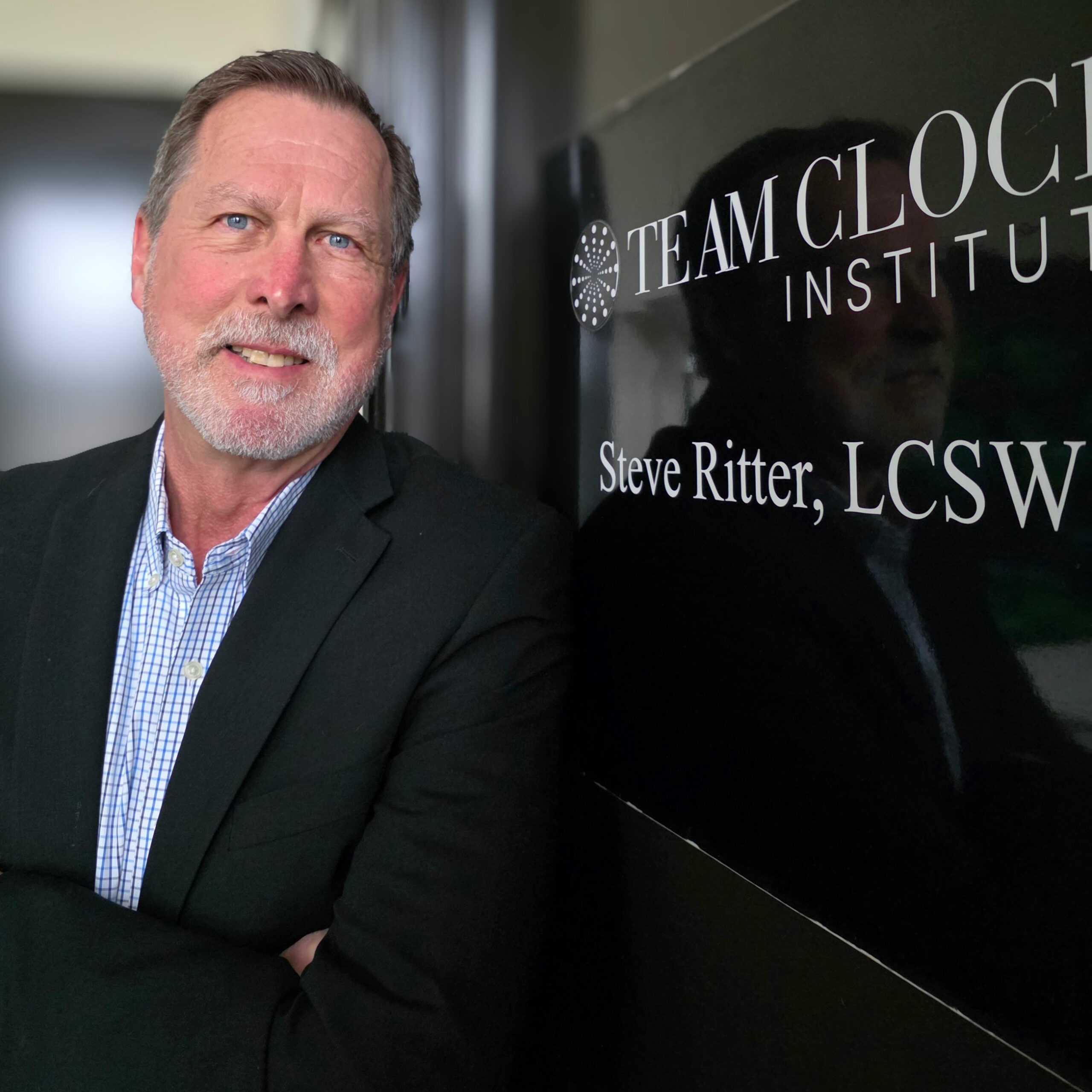We teach kids coping skills by exposing them to situations that require coping skills. However, care must be taken to remain within the limits of their developmental stage. Until the brain becomes capable of abstract thought, there’s a potential for them to misinterpret information in concrete terms.
A client once shared concern about her son who seemed unable to recover from the grief that set in after his grandmother’s funeral. The parent assumed her child was having difficulty processing the loss. It turned out that he had overheard the selection of a ‘walnut’ casket and had spent weeks wondering how grandma was going to get out of the walnut. Pretty typical mistake for a seven-year-old.
Before we share the gravity of adult business with our kids, it’s wise to get behind their eyes and imagine how they’ll interpret the data. In some situations, you simply edit the language of the information to match their developmental readiness. At other times, it’s better to buffer them completely.
When life appears normal in the day-to-day experience of a child, parents can attend to the complexities of the crisis without creating needless vulnerability in the family system. This results in a stabilization that enables a more measured form of sharing. Once the circumstances have settled, parents can evaluate how much information and in what language best fits each kid.
The goal is the wellness of the family system. Parents are at the nucleus and hold responsibility for filtering environmental stress in the best interests of their children. Sometimes, exposure is the path and the fallout triggers growth. Often, however, a more strategic approach promotes understanding that is aligned with each kid’s readiness.
When the crisis hits, take a moment to assess the wisdom of discussing the upset at the dinner table, or quietly after the kids have gone to bed. Whichever you decide, let the best interests of your children be the guide. A gentle buffer might enable the protection they are not yet able to provide for themselves.

About the Author
Steve Ritter, LCSW is the Founder and Executive Director of Elmhurst Counseling. He has served as a teacher, author, consultant, human resources director, health care administrator, and licensed clinical social worker since 1977. A fellow of the American College of Healthcare Executives, Steve has provided coaching, therapy and team development services to thriving schools, businesses and organizations.

